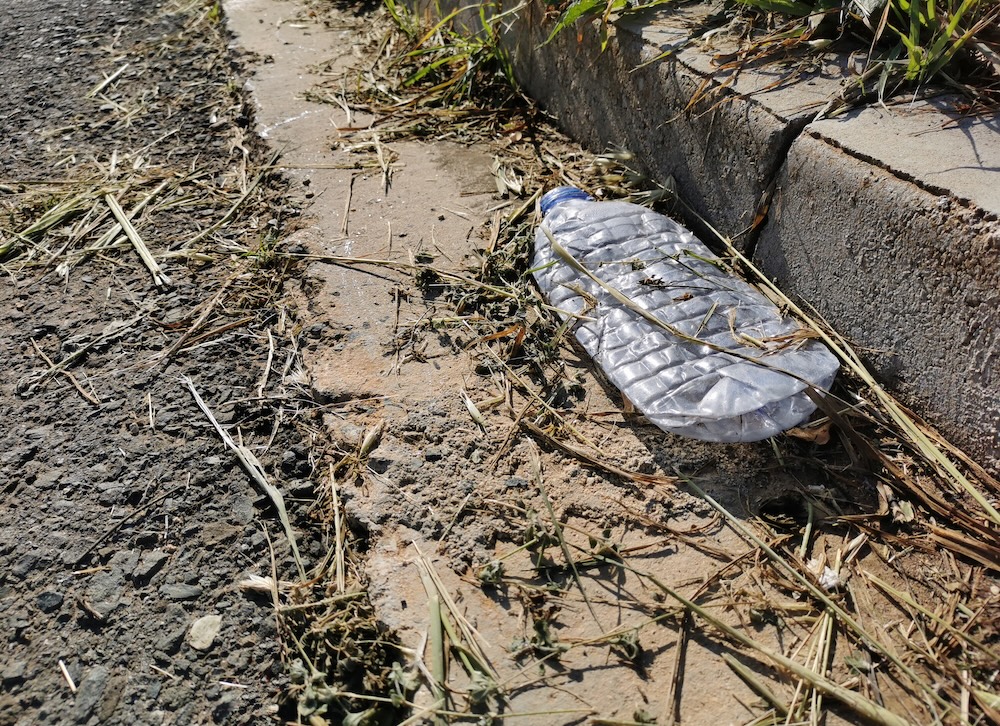We hear the word “pollution” almost every day. It flashes across headlines, floats through social media, appears in public campaigns — always present, rarely personal.
It has become part of the background noise of modern life — a word so familiar that it’s easy to tune out. But behind that numbness lies one of the most dangerous illusions of our time: that pollution is someone else’s problem, happening somewhere else, to someone else.
The truth is, pollution is not background noise. It’s the invisible architecture shaping the air we breathe, the water we drink, and the health of every living thing on Earth.
How “Pollution” Lost Its Meaning
Language shapes emotion. When a word becomes too common, it loses its edge.
“Pollution” has become a container for too much — smoke, oil spills, plastics, pesticides, carbon, noise, light — until the mind stops trying to hold it all. We simplify it to survive the weight of it.
There’s also fatigue. The constant stream of crises — climate change, wildfires, floods — overwhelms our ability to feel alarm. We scroll past images of smog or oil-soaked birds because they hurt to look at, and we’ve learned that looking rarely feels like doing.
The result is a quiet apathy born not of indifference, but of exhaustion.
The Comfort of Distance
Modern life is designed to separate cause from effect.
Our trash disappears into trucks. Our emissions vanish into the sky. Our wastewater flows somewhere “away.”
This distance numbs responsibility. When harm isn’t visible, it feels optional to care.
Pollution thrives in that invisibility — in the gap between what we cause and what we see. The more abstract it becomes, the more easily we ignore it.
The Real Cost of Numbness
When we stop reacting to pollution, we stop demanding change.
The consequences are everywhere, whether we notice them or not:
- Air pollution kills around 7 million people each year, according to the World Health Organization.
- Microplastics are now found in human blood, lungs, and even the placenta.
- Chemical runoff from farming and industry pollutes waterways, fueling algae blooms that choke entire ecosystems.
- Light and noise pollution disrupt wildlife migration, sleep cycles, and plant growth.
Pollution isn’t a single issue — it’s the backdrop of everything else. And when it blends into the background, progress stalls.
How to Hear It Again
1. Reconnect Cause and Effect
Trace your choices back to their origins. What’s in the cleaning product you buy? The clothing you wear? The energy that powers your home? Awareness transforms abstract guilt into grounded understanding.
2. Feel, Don’t Just Know
Statistics tell part of the story, but emotion drives change. Take time to feel the reality — look at your local air quality index, visit a nearby river, notice what’s floating downstream. Empathy rebuilds urgency.
3. Think of Pollution as Energy Out of Place
Pollution isn’t just “waste.” It’s matter and energy gone astray — resources misplaced. Seeing it this way turns guilt into possibility: if it’s misplaced, it can be reimagined.
4. Focus on the Immediate
Global pollution can feel too big to hold. Start local: a nearby recycling stream, community cleanup, or home energy reduction. Visible action restores agency.
5. Use Language That Wakes You Up
The words we use matter. “Smog” is more human than “air pollutant.” “Oil in the ocean” hits harder than “hydrocarbon contamination.” Precision keeps empathy alive.
Relearning What Pollution Means
To talk about pollution meaningfully again, we have to see it not as a technical term, but as a symptom — of disconnection, neglect, and imbalance.
Pollution exists because something went unseen or unvalued. Every piece of plastic, every plume of exhaust, every leaky pipe is a story of separation — between human life and the systems that sustain it.
When we reconnect those threads, pollution stops being noise and starts being a message. A call to remember that nothing we create ever truly goes away.
Final Thoughts
Pollution isn’t just the residue of modern life — it’s the mirror of it.
When we treat the Earth as disposable, pollution becomes the reflection of that mindset. When we begin to care again — to see, feel, and act with awareness — we start to clean not just our environment, but our relationship with it.
The noise only fades when we stop listening.
It’s time to listen again.








